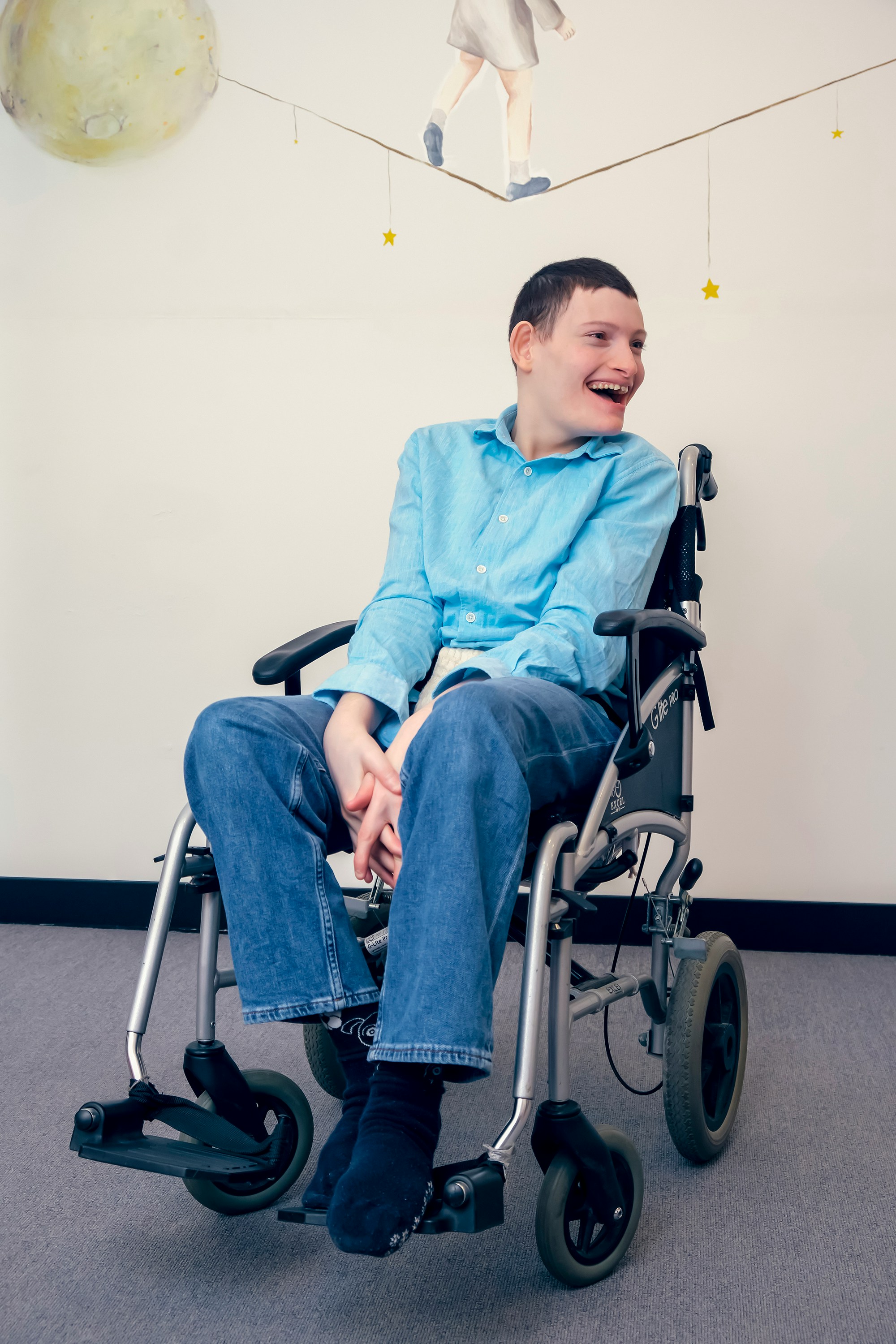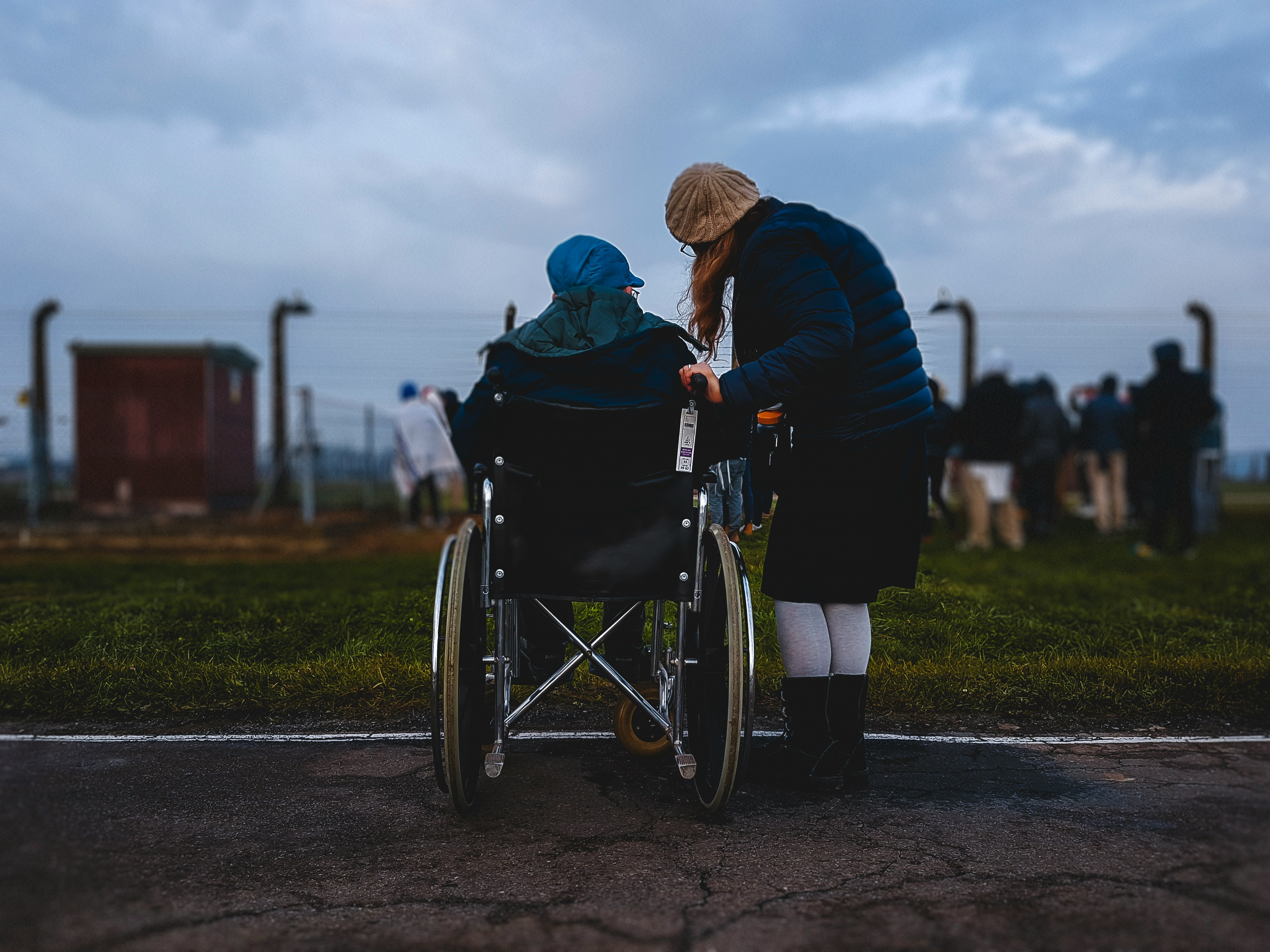
Understanding the NDIS: A Comprehensive Guide for Participants
Learn how to navigate the NDIS effectively with our comprehensive guide.
Michael Chen
Operations Director

Community participation plays a vital role in enhancing the quality of life for people with disabilities. Beyond simply being present in community spaces, meaningful participation involves active engagement, building relationships, and contributing to community life. At Helix Care, we've witnessed firsthand how community participation transforms lives, and we're passionate about supporting our clients to connect with their communities in ways that are meaningful to them.
One of the most significant benefits of community participation is the opportunity to build social connections. For many people with disabilities, social isolation can be a significant challenge. Community participation creates pathways to:
Research consistently shows that social connection is a key determinant of mental health and overall wellbeing. By supporting community participation, we're helping to address the isolation that many people with disabilities experience.
Community participation provides natural opportunities for learning and skill development in real-world contexts. These opportunities might include:
Unlike skills taught in isolated settings, those developed through community participation are immediately relevant and applicable to real-life situations.
Regular community participation builds confidence and promotes independence. As individuals successfully navigate community environments and activities, they:
This growing confidence often extends beyond the specific community activities to other areas of life, contributing to greater overall independence.
Active community participation contributes significantly to physical and mental wellbeing:
These health benefits can reduce the need for clinical interventions and contribute to a more holistic approach to wellbeing.
Community participation doesn't just benefit the individual with a disability—it also positively impacts the broader community by:
When people with disabilities are active, visible participants in community life, it helps shift the focus from disability to ability and contribution.
Community participation often opens pathways to economic participation through:
Economic participation further enhances independence and provides additional opportunities for contribution and recognition.
At Helix Care, we understand that meaningful community participation often requires thoughtful support. Our approach includes:
We start with understanding each person's interests, goals, and preferences, then identify community opportunities that align with these.
We provide the right level of support—starting with more assistance if needed and gradually reducing support as confidence and independence grow.
Sometimes creating inclusive opportunities requires working with community organizations to build their capacity for inclusion. We collaborate with local groups to create welcoming environments.
We help develop the specific skills needed for particular community activities, from social skills to activity-specific abilities.
We work to identify and address practical barriers to participation, from transportation to communication supports.
Michael, a young adult with autism, was interested in photography but had limited social confidence. We connected him with a local photography club that welcomed members of all abilities. Initially, Michael attended with substantial support from a Helix Care worker. Over time, as he became familiar with the group and developed relationships, the support was gradually reduced. Today, Michael attends independently, has exhibited his work in community exhibitions, and mentors new club members.
Sarah, who uses a wheelchair, was passionate about environmental conservation. We helped her connect with a local conservation group that conducted accessible activities. The group was initially unsure about how to include someone with mobility impairments, so we worked with them to identify roles and adapt activities. Sarah now coordinates the group's social media presence and participates in adapted conservation activities. Her involvement has led the group to become more conscious about accessibility in all their programs.
Community participation offers profound benefits for people with disabilities, from social connection and skill development to improved health and wellbeing. At Helix Care, we're committed to supporting our clients to access these benefits through thoughtful, person-centered approaches to community inclusion.
We believe that communities are stronger when everyone has the opportunity to participate and contribute. By supporting meaningful community participation, we're not just enhancing individual lives—we're helping to build more inclusive communities for everyone.
If you're interested in exploring how our Community Participation services could support you or someone you care for, please contact us to discuss your specific needs and goals.
Operations Director
Michael oversees our day-to-day operations, ensuring that we deliver high-quality services efficiently and effectively. He has a background in healthcare management and is dedicated to continuous improvement in service delivery.

Learn how to navigate the NDIS effectively with our comprehensive guide.

Discover how community participation improves social connection and wellbeing.

Explore the latest assistive technology innovations helping people with disabilities.
Our team of experienced professionals is here to help you navigate the NDIS and access the supports you need.
Contact Us